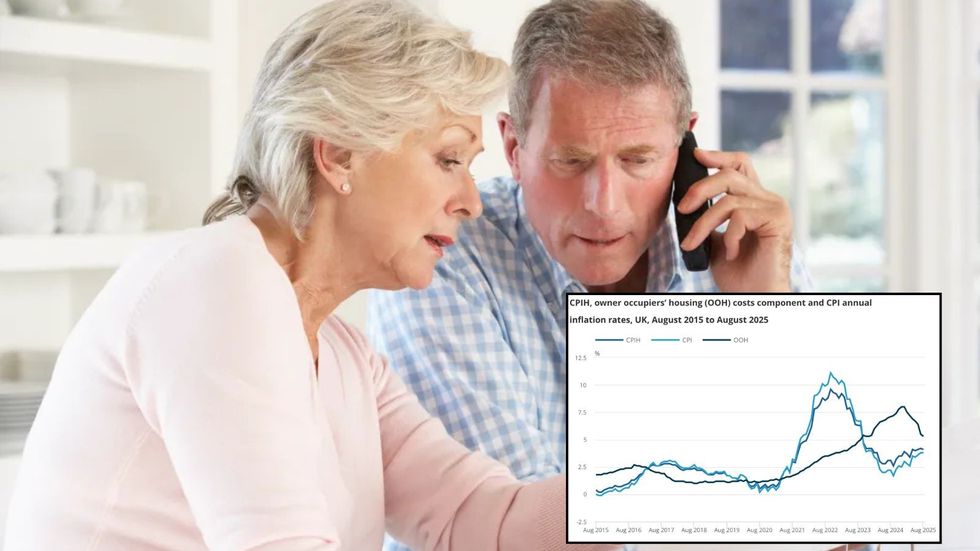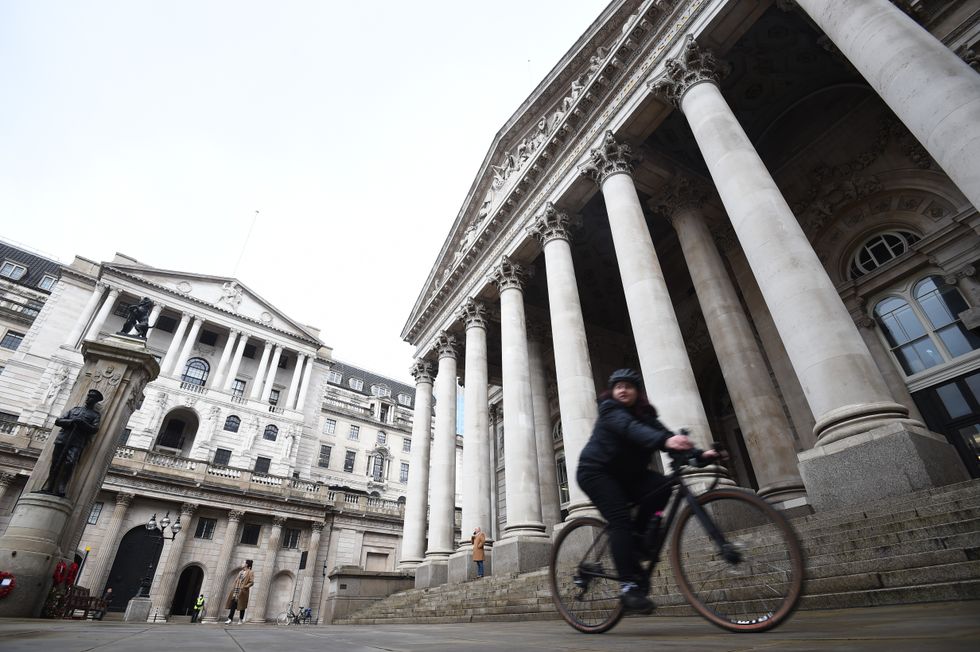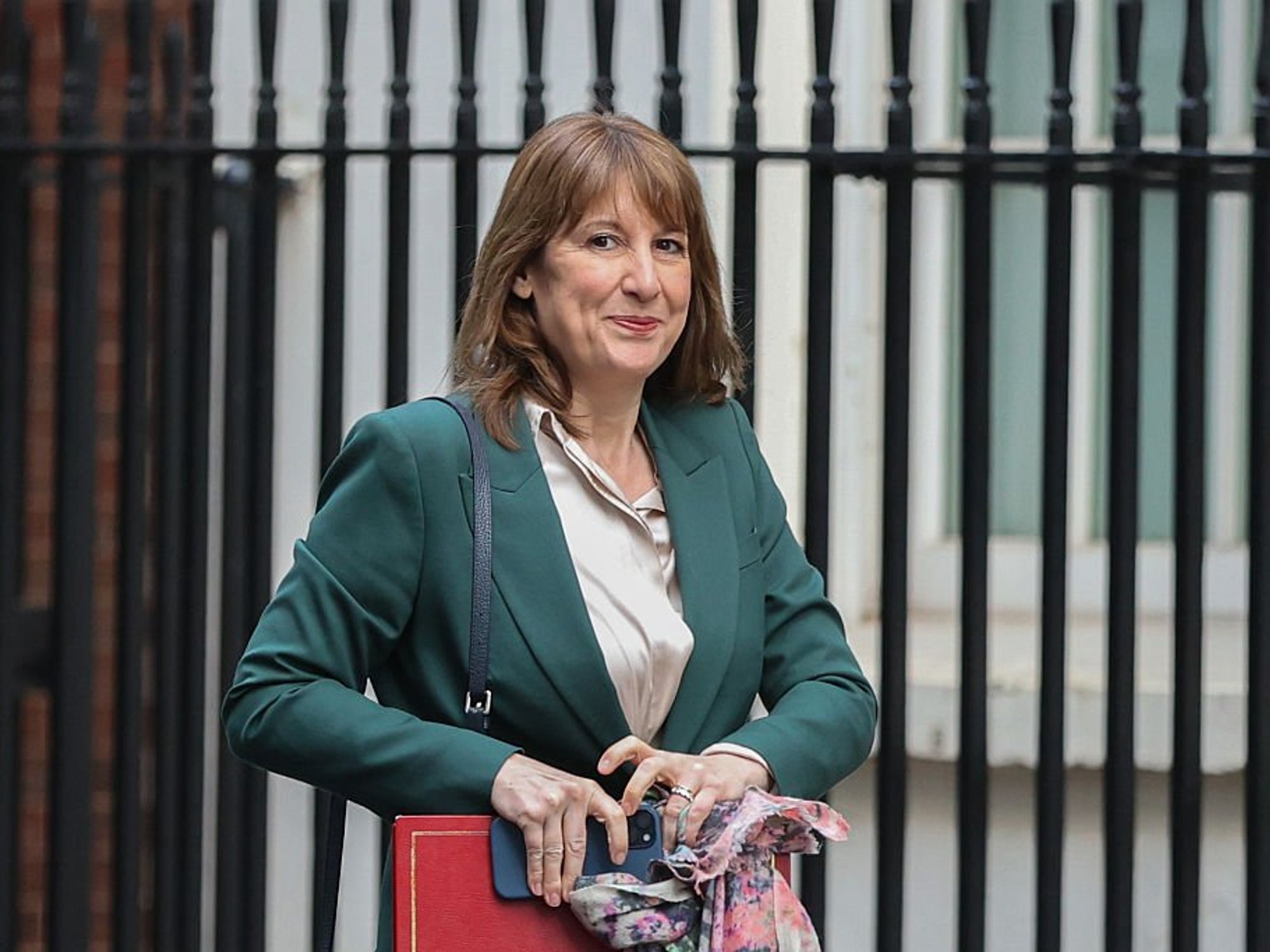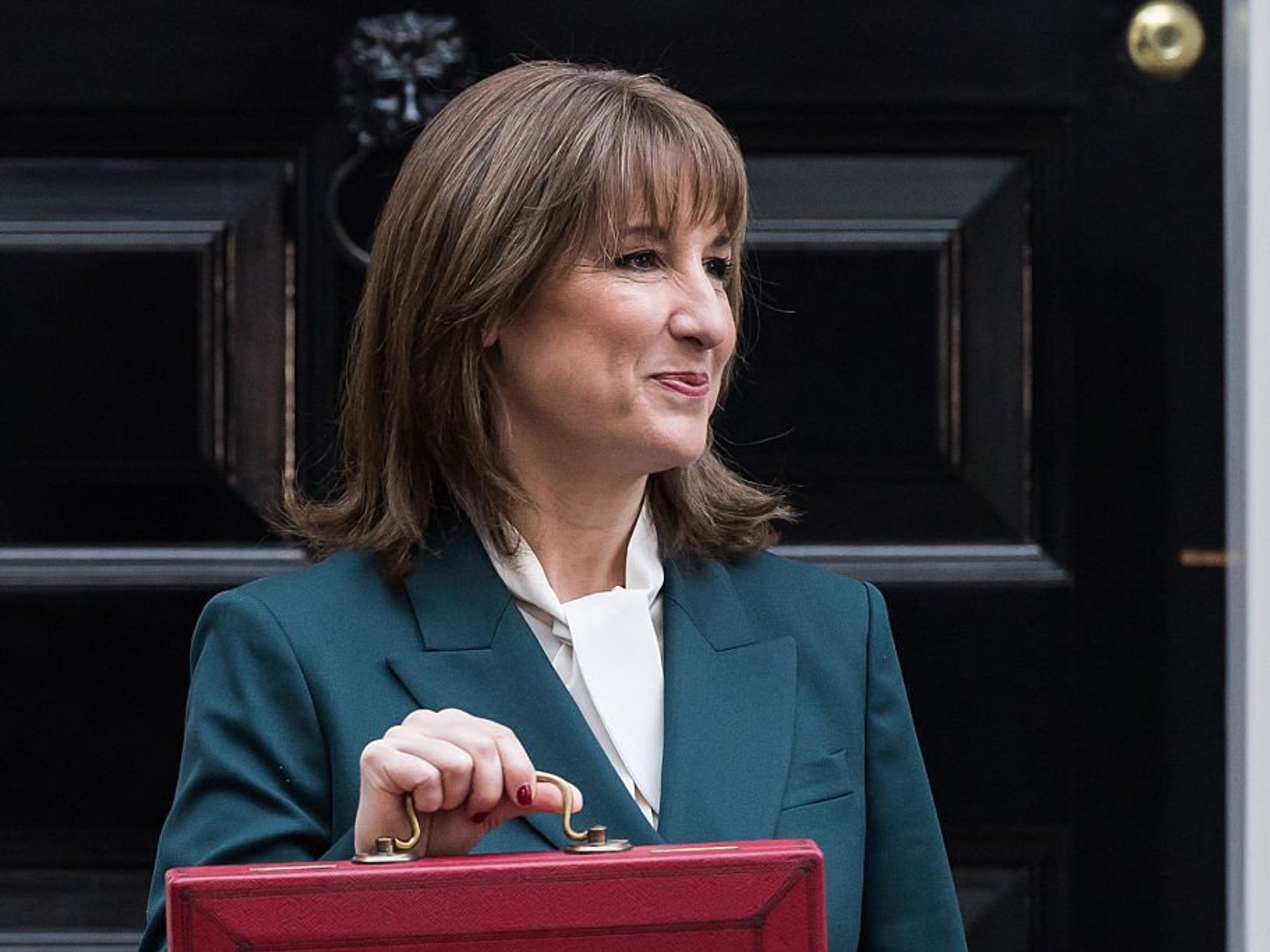Inflation remains unchanged: What does it mean for pensions, mortgage and savings?

Britain on the brink as Liam Halligan warns ‘we are a global outlier’ in dismal inflation warning |
GB News

ONS data shows food prices climbing while Bank warns of peak in September
Don't Miss
Most Read
Latest
Britain's inflation rate has remained at 3.8 per cent for August.
The figure matches the previous month and stands at nearly double the Bank of England's two per cent target.
It is the highest inflation reading since December 2023. Grant Fitzner, chief economist at the Office for National Statistics, said airfares were the "main downward driver" in August.
Analysts warn inflation remaining at 3.8 per cent could result in the Bank of England not slashing interest rates until next year, which will impact savings, mortgages and pensions.

Britain's inflation rate has remained at 3.8 per cent for August
|GETTY/ONS
He explained that prices rose by less than the previous year following July’s sharp holiday-related surge.
Mr Fitzner added this was "offset by a rise in prices at the pump and the cost of hotel accommodation falling less than this time last year."
Food costs have surged sharply, with the annual inflation rate for food and non-alcoholic drinks rising to 5.1 per cent in August, up from 4.9 per cent in July.
The Bank of England expected inflation to peak at four per cent cent in September before gradually easing over the next two years.
Do you have a money story you’d like to share? Get in touch by emailing money@gbnews.uk.
What does it mean for savings?
The sustained high inflation poses a challenge for savers, whose nest eggs continue to lose value as prices outpace returns.
This means money set aside loses real value each month.
Sarah Pennells, consumer finance expert at Royal London, said: "Inflation has held at 3.8 per cent which will be disappointing news for households already grappling with high costs across the board."
She added: "Many people feel that their money isn't stretching as far as they need, and it's difficult to cover the costs at the checkout and monthly bills."
Ms Pennells said: "In the face of this uncertainty, it's more important than ever for households to take proactive steps: review household budgets, shop around for competitive savings accounts, and check whether you qualify for any state benefits, or financial support from providers."
"For example, your energy provider – if you can't pay your bills."
Nick Saunders, chief executive of online investment platform Webull UK, said:
"This is not good news for investment prospects or stock valuations. Rate-sensitive sectors – tech and property – could be sailing into a strong headwind."
 People's saving could be under threat | GETTY
People's saving could be under threat | GETTY What does this mean for my pension?
Pensioners on fixed incomes remain particularly vulnerable as their purchasing power diminishes.
Royal London's Financial Resilience Report shows most Britons are still experiencing rising food and energy bills.
It found that two per cent of adults are now in financial crisis, unable to meet essential expenses.
Aaron Peake, personal finance expert at CredAbility, said: "Leaving the rate unchanged confirms the message of 'higher for longer'."
What does it mean for my mortgage?
He added: "For households, this means high mortgage costs are unlikely to ease quickly, with fixed-rate renewals still priced above what many people have been used to."
Peter Stimson, director of mortgages at MPowered, said: "The awkward truth is that mortgage interest rates may have fallen as far as they can."
With winter approaching and uncertainty surrounding the autumn Budget, experts warn households and pensioners to act quickly to safeguard their finances.

Experts warn households and pensioners to act quickly to safeguard their finances.
| PAWhy does inflation matter?
Inflation measures the cost of living by tracking how the prices of goods and services change over time. It is usually measured by comparing prices today with their level a year ago.
The average increase is called the inflation rate, where the Government set a target of two per cent inflation.
If inflation is high or unstable, the Bank of England says it becomes harder for businesses to set prices and for households to plan spending.
High inflation also forces people to spend more while reducing the value of savings if prices rise faster than interest earned. Low inflation can mean lower prices and interest rates on savings beating inflation.
More From GB News










